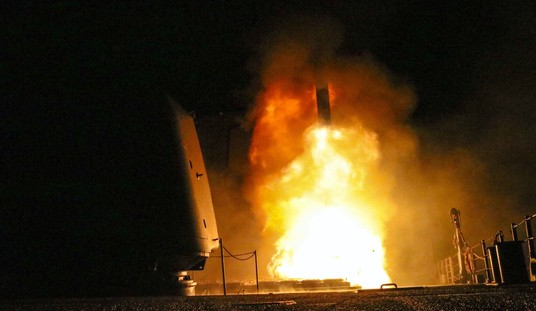https://www.youtube.com/watch?v=J1Kv2kX86BE
(Relevant segment starts at 4:45)
Mueller’s MO has become very familiar to those who have been following his probe closely. The special counsel will question a witness about a detail of the case, and of course, the investigators have all of the pertinent information at their fingertips, while the witness is expected to rely on memory alone. If a witness recalls something incorrectly, such as the specifics of an email they wrote two years ago, they are told they are lying and they’re given a choice between a plea deal or being charged with perjury. Variations of this scenario have played out with General Flynn and George Papadopoulos and now it’s happening with journalist Jerome Corsi and Paul Manafort. Mueller becomes especially nasty if his witnesses aren’t willing to “remember” what he wants to hear; in other words, if they refuse to “compose” a story that will bolster his investigation.
George Washington University Law Professor Jonathan Turley appeared on “The Story” with Martha MacCallum last night to discuss the latest developments in the Mueller investigation. Turley said overall, it’s pretty rare in criminal cases for witnesses to be accused of lying, but it’s not rare when it comes to Robert Mueller. Turley’s remarks:
He has already had problems with witnesses who have been involved in plea agreements in one stage or the other. Papadopoulos essentially became hostile to them even as a cooperating witness to the point where Mueller tried to increase his sentencing, which the court rejected. Corsi refused to accept the deal according to his own accounts because he felt that he was being told to lie. This is fairly rare. Usually, these are witnesses who are desperate for deals and really would not risk ticking off a prosecutor, so clearly Mueller is not getting what he wants. The question is, is he getting enough to get him where he wants to go?
The key line here, legally, is whether any hacking of the emails was done before the fact with knowledge of Trump associates or whether they became some type of accomplice after the fact. The mere allegation that political operatives wanted access to these emails from Wikileaks is not a crime and indeed the status of Wikileaks in getting this material is a greatly debated question. Wikileaks insists that they’re more of a journalistic organization than the alternative and that may have to be litigated. But in order to get a really clear shot at the president, they need to start with a foundation in the criminal code and that’s going to require either an accomplice before the fact or after the fact, but not someone who simply wants to get access to information they’ve been reading about for political purposes.
There was no evidence of a crime when Rod Rosenstein appointed Mueller to the special counsel in May 2017, which is a requirement of any special counsel investigation. (According to former FBI lawyer Lisa Page, there was no valid reason for the FBI to open their counterintelligence investigation in July 2016 either.) Now, here we are 18 months later and there still doesn’t appear to be a specific crime, which would indicate that Mueller’s probe is merely a fishing expedition. He sure hopes to find one. “See, I’ve already indicted 32 people.”
It’s now time for Acting Attorney General Matt Whitaker to meet with Mueller and ask him to name the crime as well as the scope of the investigation. If Mueller does identify a crime, he needs to show Whitaker what supporting evidence he has. If Mueller is still unable to specify a crime, then it needs to end.
It’s time for Robert Mueller to be held accountable.













Join the conversation as a VIP Member